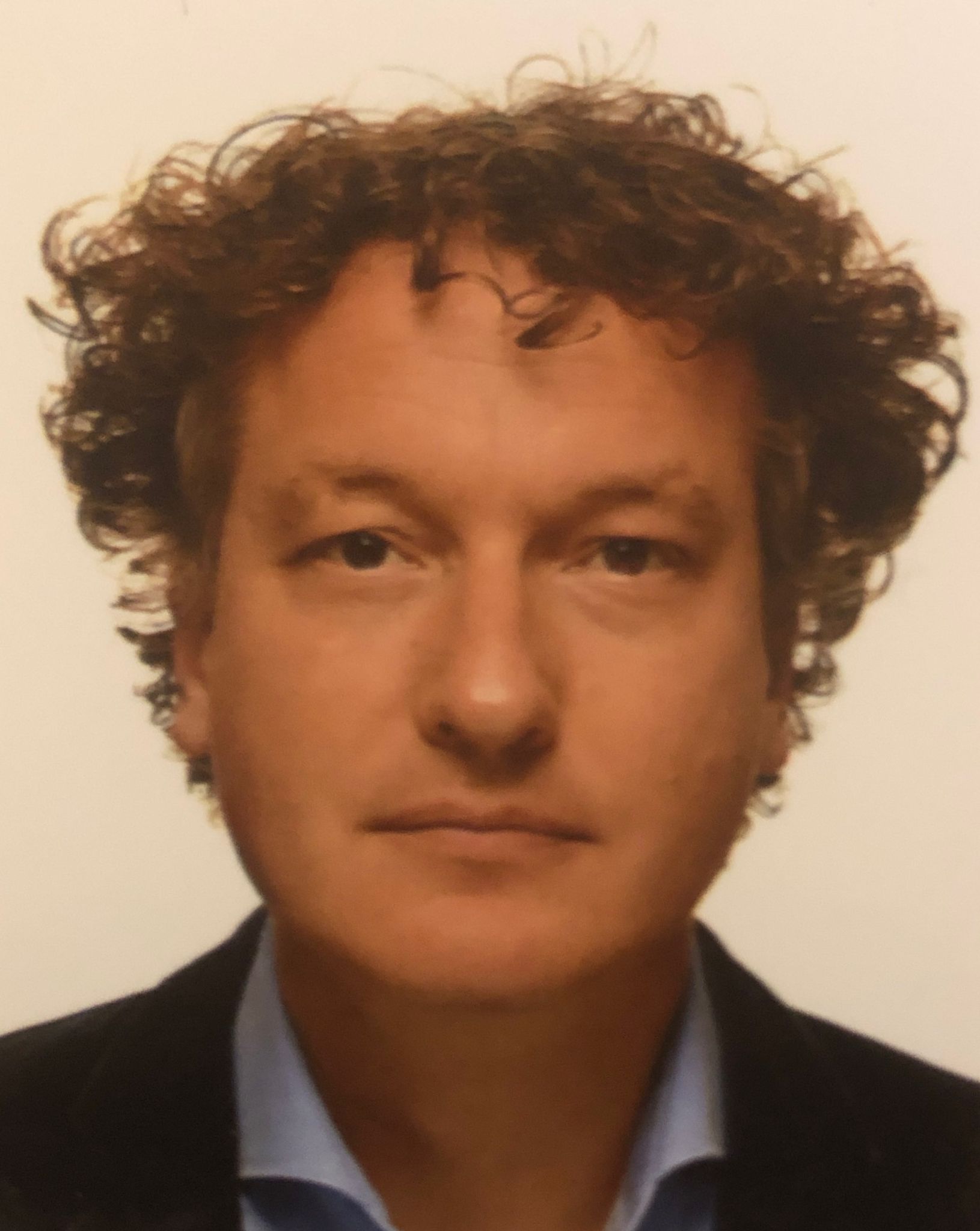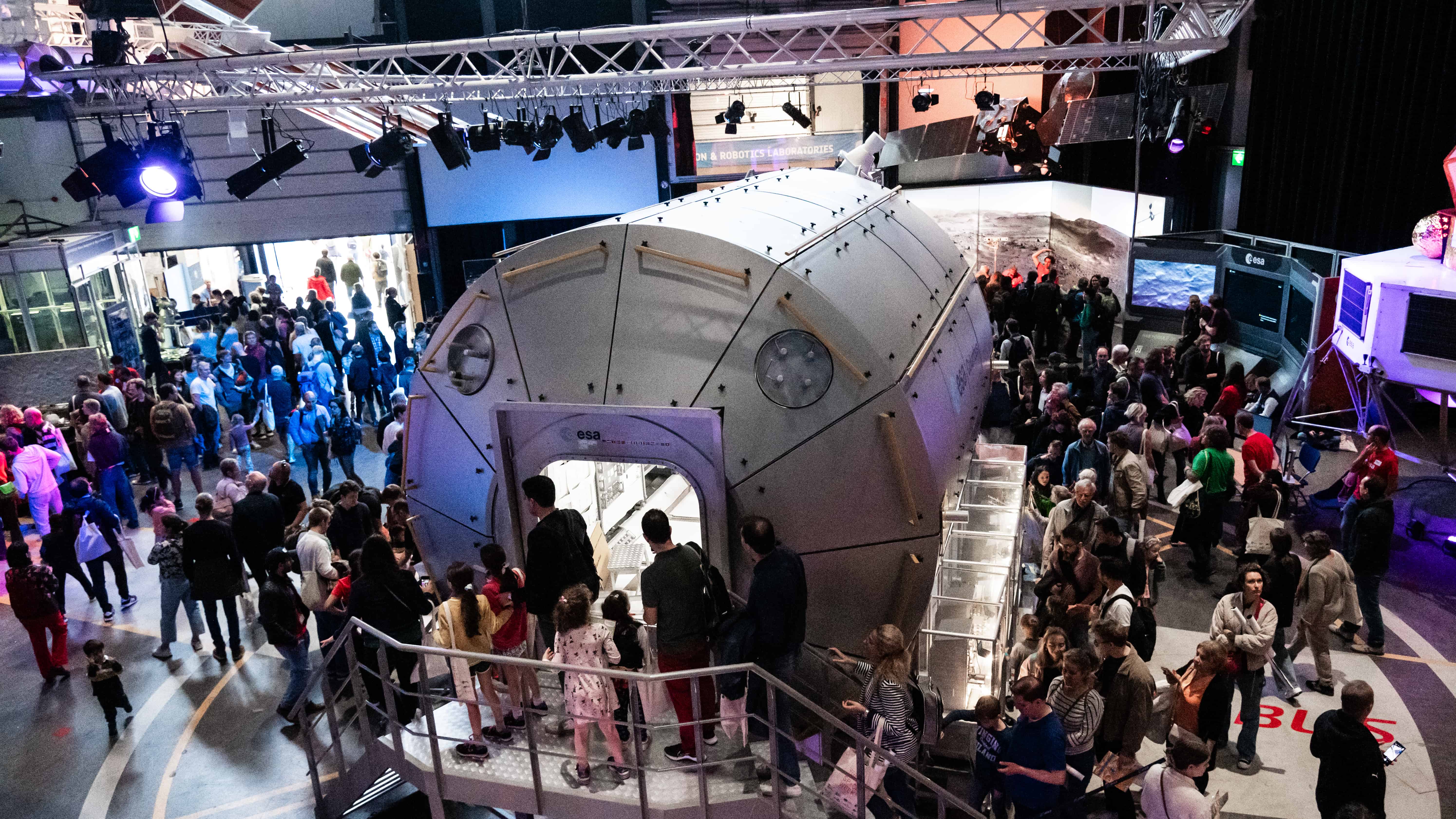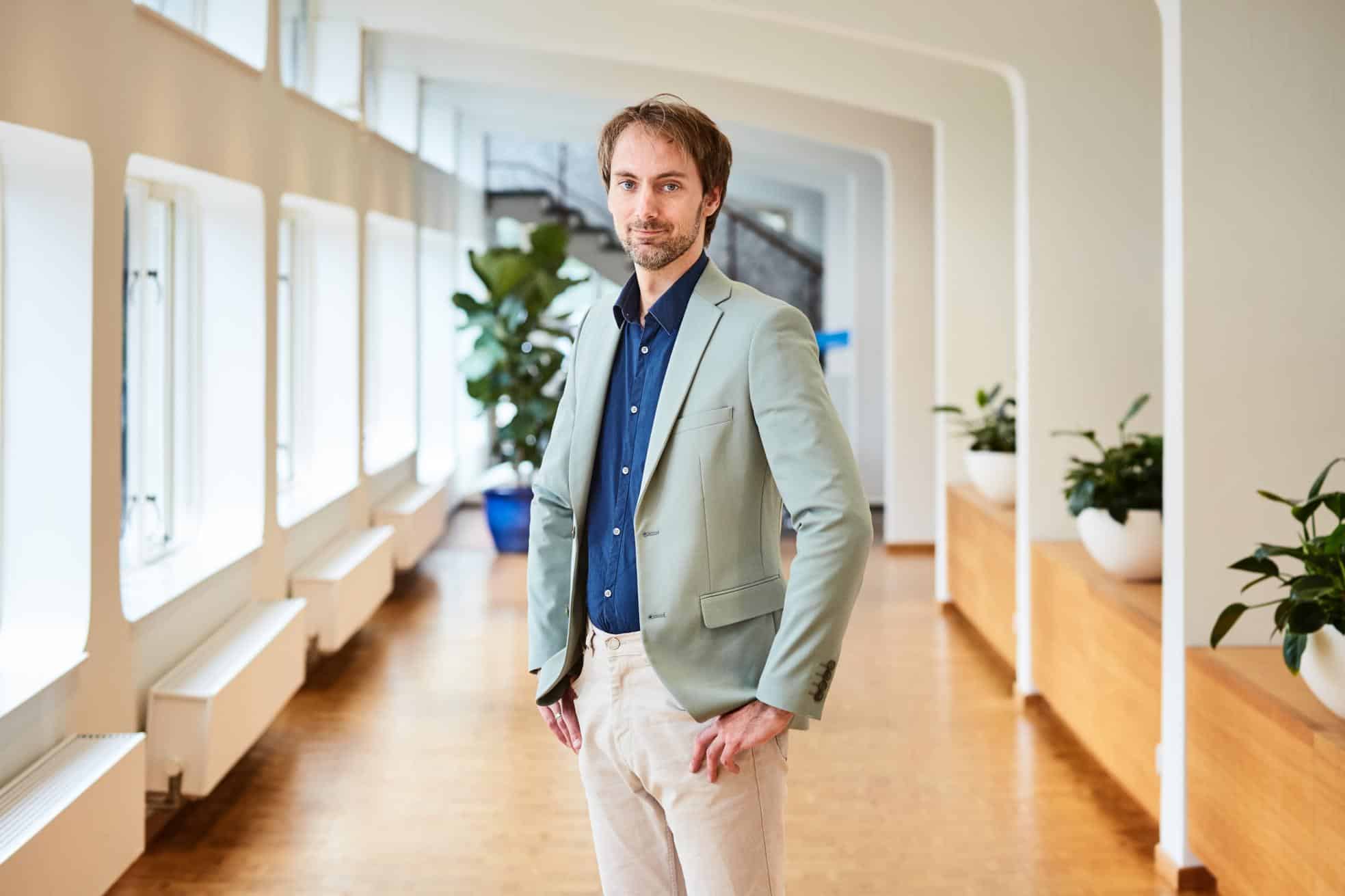
Technology start-ups in Europe are getting a new source of funding: NATO. The military alliance is establishing a fund totaling at least €1 billion to invest in technological developments relevant to military applications. The fund aims to bring the military forces of NATO member states as cutting edge as possible technology-wise.
NATO is interested in technological developments in nine specific areas: artificial intelligence, data analysis, autonomous systems, quantum technology, biotechnology, hypersonic aviation, space, materials development, and energy and propulsion. For each area, separate plans will be drawn up that set out what the military needs are and what the criteria are for military applications. An initial plan on artificial intelligence is already in place.
The fund that will make the investments will be formally established later this year. It will be an independent organization governed by an external management team made up of civil society experts.
innovative ecosystems
According to NATO, many start-ups that are working on transforming new scientific insights into concrete technological applications have a hard time attracting enough capital. In the plans, the military alliance is presenting itself as a kind of angel investor that actually wants to be closely involved with such small businesses for many years to come.
The fund aims to focus on early-stage investments (pre-seed) and to inject venture capital directly into start-ups. By doing this, NATO says it wants to contribute to the development of innovative ecosystems within the alliance and support the commercial success of technology start-ups.
A total of 21 of the 30 NATO countries are participating and raising the startup capital of 1 billion euros. The remaining 9 still have until this summer to apply, after that, enrolment is set to close. If more countries join in, then more money will also become available for the fund.

Innovation center
The fund is part of a much broader plan by NATO to drive technological developments. There is also the Defense Innovation Accelerator for the North Atlantic, also known as DIANA. The various ministers of foreign affairs of the NATO agreed this week on a charter setting out the concrete arrangements for what cooperation should look like within the DIANA.
Across Europe and North America, a total of 60 DIANA Test centers and Accelerators) will be active. What kind of research will take place in which country will be decided by the NATO countries at the Madrid summit this coming June. NATO Secretary General Jens Stoltenberg believes that by actively cooperating with scientists and private companies in civil society, the military allies stand to benefit from ‘the best and most modern technology.’
Gaining access to the DIANA program seems like a holy grail for companies that want to put their inventions on the market and have no qualms about partnering up with military investors. NATO talks about bringing together ‘the best and the brightest entrepreneurs of the alliance’.
Companies that are admitted to the DIANA program can receive funding without having to relinquish all or part of the ownership of their innovative company. In addition, these tech companies will have access to a network of mentors, training facilities and opportunities to test prototypes. The idea is that stemming from the DIANA program, entrepreneurs will sign contracts with member states to eventually make their technological developments actually have military grade applications. The program is set to start in a pilot phase next year and should be fully operational by 2025.
Being better than the Russians
On account of the Russian invasion of Ukraine, investment in the armed forces is suddenly at the top of the agenda of governments in Western Europe. Germany, for example, has decided to establish a Bundeswehr fund of 100 billion euros. A U-turn for the traditionally pacifist country. Now Berlin wants to start spending 2% of its GDP on defence, as called for by NATO, as soon as possible. In the wake of Germany, the other nation states will not be able to lag behind.
In this regard, the focus on technological innovation is not a coincidence, but a conscious strategy of the Western alliance in the face of Russian aggression. Whereas the military power of President Putin relies primarily on masses of tanks, missiles and troops, the European Union and NATO want to respond with quality. The European allies are convinced military deterrence against Russia only works with a military force that is technologically superior.







